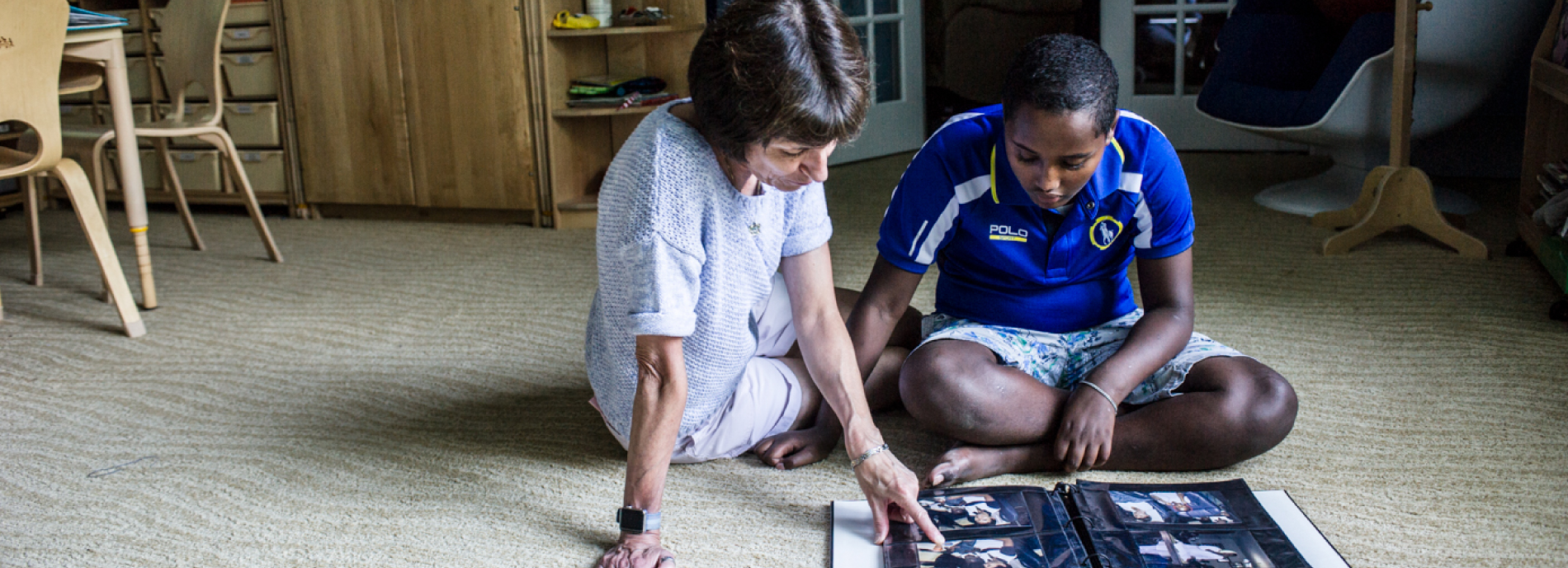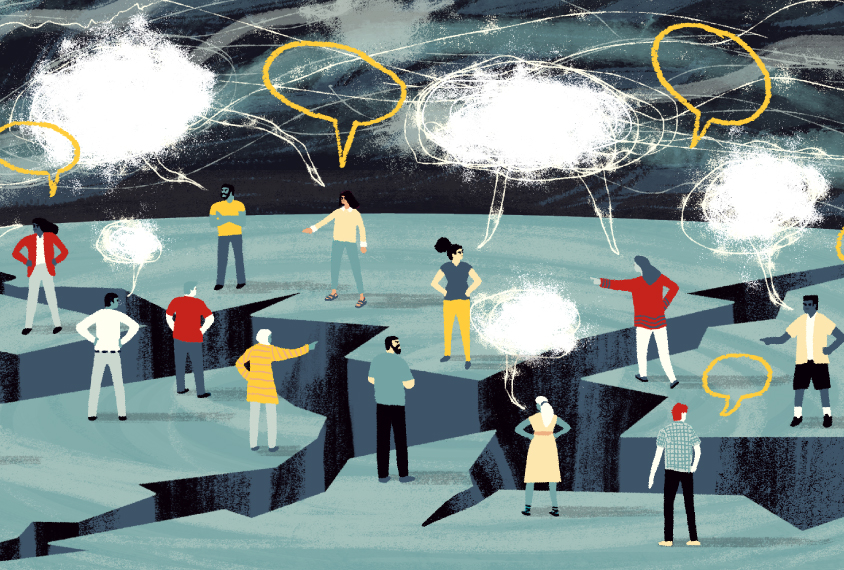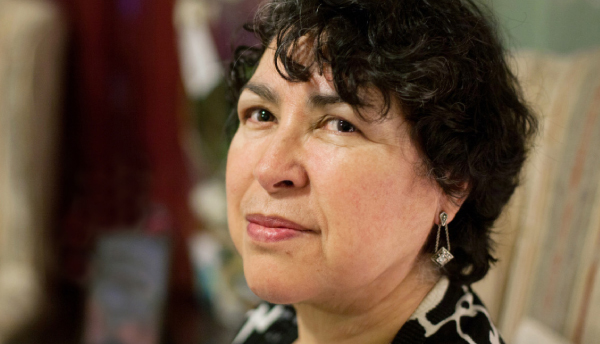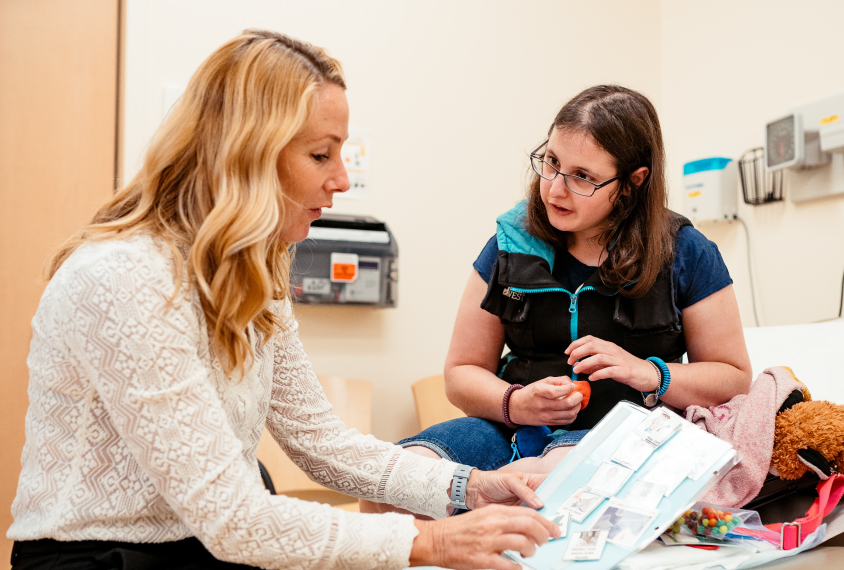Alisa Opar is a California-based science writer and the articles editor at Audubon magazine.

Alisa Opar
Freelance writer
Simons Foundation
From this contributor
In search of truce in the autism wars
The fight between those who define autism as a medical condition and those who see it as a mere difference has reached vitriolic levels. Can the two sides come together to support all autistic people?
New group faces backlash over its goals for severe autism
A new advocacy group for people with severe autism taps into the deep divide in the community over who should speak for those on the spectrum.

New group faces backlash over its goals for severe autism
How to help low-income children with autism
Autistic children from low-income families are undercounted and underserved, a gap community leaders are working to bridge.
The healthcare system is failing autistic adults
Adults on the spectrum frequently have a range of other conditions — but they rarely get the help they need.
Why children with ‘severe autism’ are overlooked by science
Children with ‘severe autism’ are the most in need of help, yet the most overlooked in research. A new initiative is making them the primary focus.

Why children with ‘severe autism’ are overlooked by science
Explore more from The Transmitter
Xiao-Jing Wang outlines the future of theoretical neuroscience
Wang discusses why he decided the time was right for a new theoretical neuroscience textbook and how bifurcation is a key missing concept in neuroscience explanations.
Xiao-Jing Wang outlines the future of theoretical neuroscience
Wang discusses why he decided the time was right for a new theoretical neuroscience textbook and how bifurcation is a key missing concept in neuroscience explanations.
Memory study sparks debate over statistical methods
Critics of a 2024 Nature paper suggest the authors failed to address the risk of false-positive findings. The authors argue more rigorous methods can result in missed leads.

Memory study sparks debate over statistical methods
Critics of a 2024 Nature paper suggest the authors failed to address the risk of false-positive findings. The authors argue more rigorous methods can result in missed leads.
Attention not necessary for visual awareness, large study suggests
People can perceive some visual information even if they do not pay direct attention to it.

Attention not necessary for visual awareness, large study suggests
People can perceive some visual information even if they do not pay direct attention to it.


